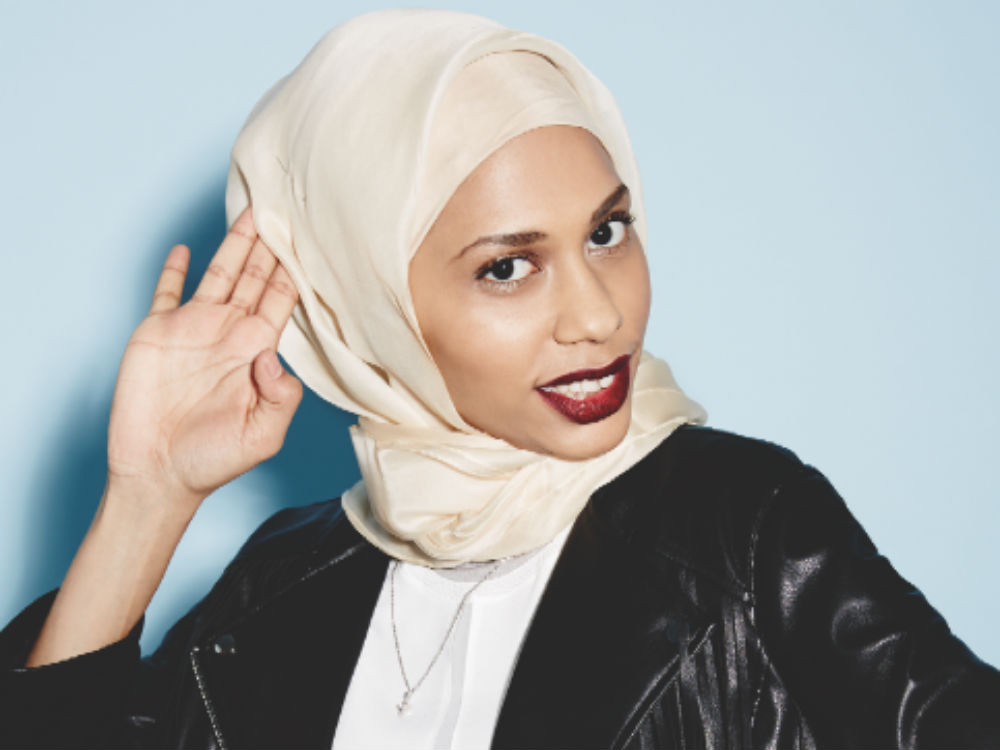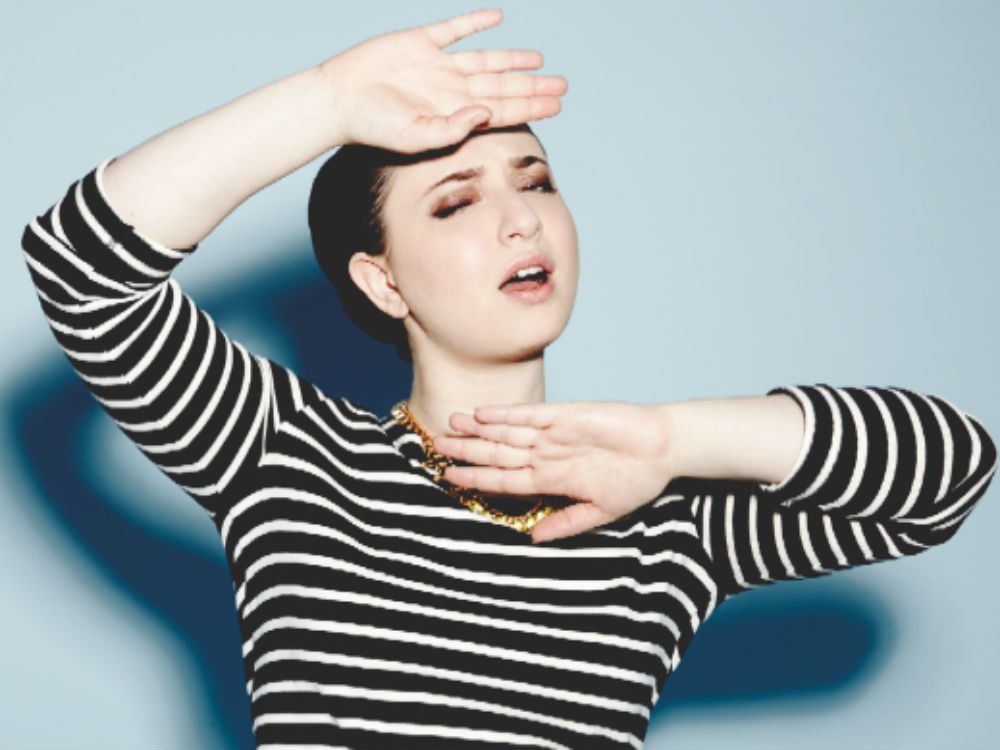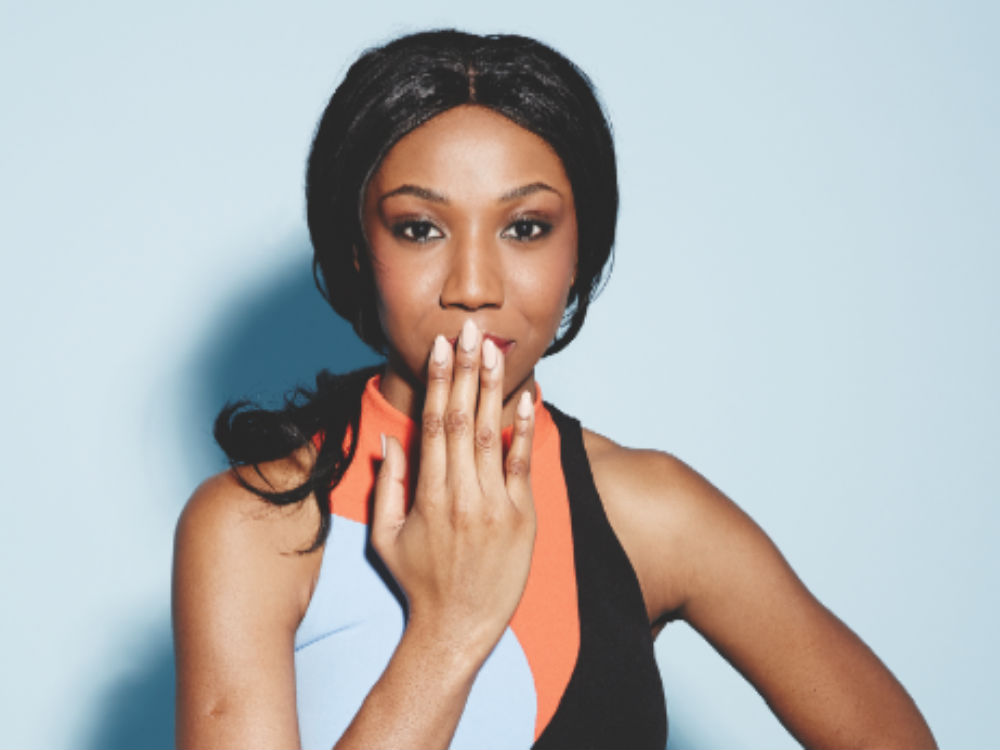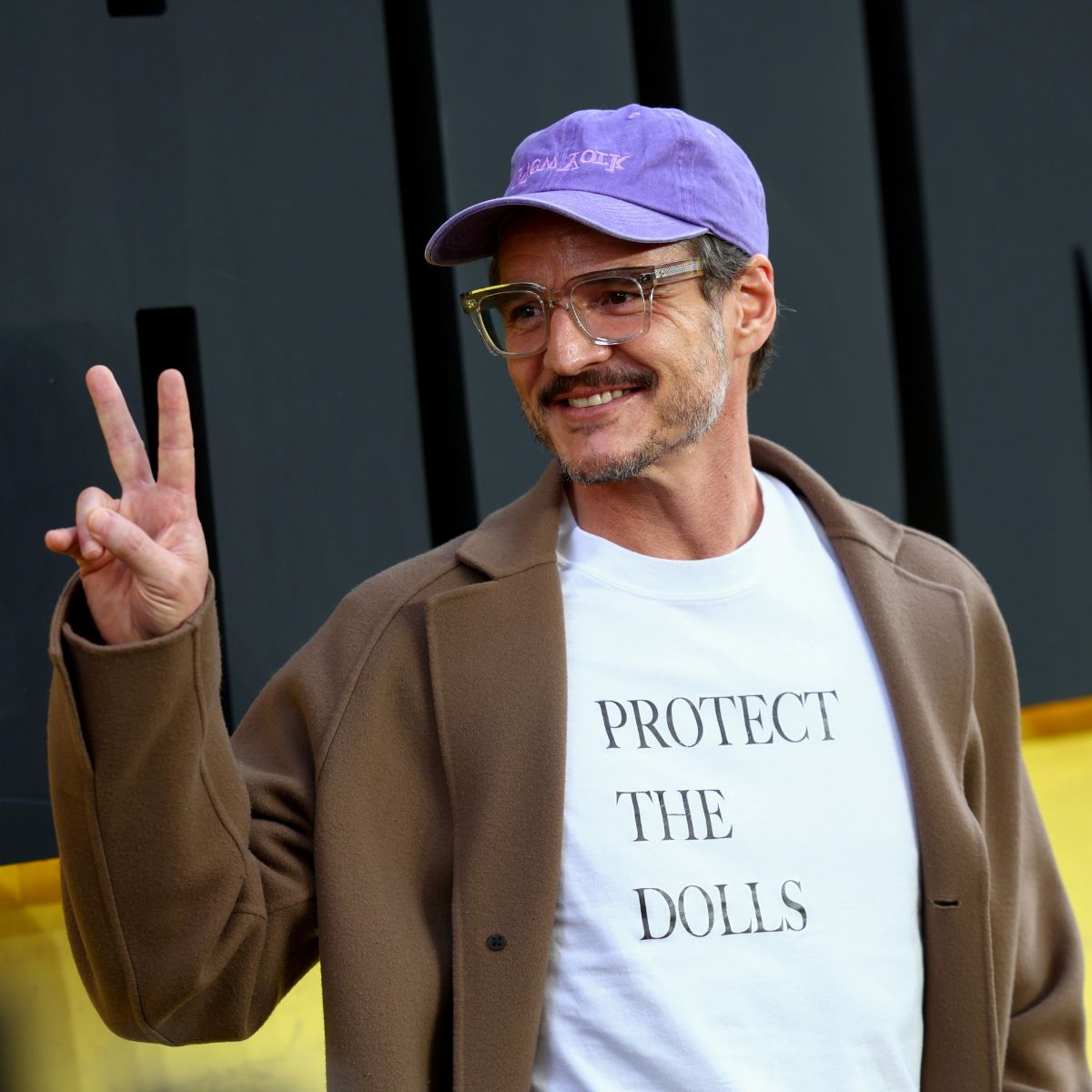Meet the millennial God squad
Blending fashion, faith and feminism in empowering new ways, meet the women redefining their religions for a new generation

Blending fashion, faith and feminism in empowering new ways, meet the women redefining their religions for a new generation
Religion is in rapid decline among young people, with only 25 per cent of 16-24-year-olds in Britain saying they believe in God. But millennials of different faiths are galvanising the need for cultural innovation, to ensure their religions remain relevant in an ever-changing world by redefining their religions. There are pop-up kosher restaurants like London’s Kosher Roast, and the ‘Mipsterz’ movement – ‘hipster Muslims’ using make-up and accessories to challenge the view that the hijab is a symbol of oppression. Elsewhere, style blogs including Hijab Style, Muslimah Beauty, Church Girl Chic and Jewish blog Fabologie offer tips on how to conform to modesty with style – and they are attracting thousands of hits every week.
As extremist interpretations of religion continue to shock the world in increasingly horrific ways, young women are refusing to allow their faith to be tainted. Instead, they’re celebrating its place in modern life. Reina Lewis, Professor of Cultural Studies at London College of Fashion and author of the forthcoming Muslim Fashion: Contemporary Style Cultures, says, ‘It’s a phenomenon that stems from young women who’ve grown up with consumer culture and the freedom to express their identity through it. And why shouldn’t that expression reflect their faith, too?’ Social media, she argues, has played a huge role. ‘It allows women around the world to share ideas, influence one another and, ultimately, shape the future of their faith.’ Meet three game-changers doing just that.
'I’m happy with my interpretation of my faith. I get hundreds of emails asking for advice’
Zinah Nur Sharif (above), 24, blogs at zinahns.blogspot.co.uk
'A girl can never own too many headscarves. I have at least 20 and I use the colour and texture of the fabric as a starting point for my make-up each day. I keep my foundation and eye make-up subtle, with a bright lip. It’s about complementing the hijab, not distracting from it.
Women have been waiting years for stylish scarves. Not many high-street ones are appropriate for the head, as they’re often too loudly patterned or made from synthetic fabric, so I decided to design my own range. They’re plain, but in gorgeous colours and textures, and all natural fabrics, like cotton and silk. For winter, I use velvet and wool.
Marie Claire Newsletter
Celebrity news, beauty, fashion advice, and fascinating features, delivered straight to your inbox!
There are too few Muslim women in the public eye. Growing up, I rarely saw hijabs on TV, and didn’t have successful, stylish-but-modest women to look up to. Things are changing now. The blogging world is an exciting place to be. I wish blogs like mine had existed when I was a teenager. They’re a place to talk about fashion and make-up, and explore female identity. Many Muslim women are encouraged into academia or to study law, but I studied fashion and graphic design because I wanted to follow my own path.
Social media has brought back that sense of community. I’m active on Twitter, Instagram and Facebook, so I can connect with young Muslim women as far away as Southeast Asia, New Zealand and America. It feels like a global movement that wasn’t possible until recently. We now have a platform to discuss and share positive ideas about our faith and interests. Nobody’s forcing me to wear the hijab. I choose to because it’s an outward symbol of my commitment to my faith, and in the Koran, God states that women and men should dress modestly. Make-up and Islam are totally compatible. Some Muslims might disagree, because we’re not supposed to alter ourselves, but make-up is temporary – it washes off. I wear it for myself, and I find that empowering.
There will always be criticism. People have said to me, ‘If you’re so modest, maybe you shouldn’t be posting photos of yourself online.’ But I’m happy with my interpretation of my faith, and I get hundreds of emails from girls asking for hijab-styling advice.
Nothing in the Koran states that women are second-class citizens. The Prophet’s first wife Khadija was a successful entrepreneur, so in Islamic countries where women are suppressed, it’s because of cultural rather than religious reasons. With extremism rising, it’s more important than ever for me to show that I’m an independent, successful woman, as well as a good Muslim.'
Follow Zinah @zinahns

‘I want to make a statement about my faith and my personality’
Tilla Crowne (above), 29, is an artist and works for JHub, a social network for the British Jewish community
'My religion is central to my identity. I wasn’t brought up in a particularly strict religious family, so my mother was slightly surprised when my faith deepened in my late teens after I’d decided to learn more about my Jewish heritage.
I avoid wearing trousers in public. I also began covering my hair with a scarf when I got married, aged 21. In the Torah, it states that married women should avoid showing off their shape by wearing tops that cover their arms and neckline, and skirts that fall below the knee.
My headscarf can be a barrier. People aren’t always sure what to make of it – they assume I’ll be very conservative. In fact, the opposite it true. I’m very liberal. Nothing shocks me! Modest dressing doesn’t have to be frumpy. Traditionally, dressing modestly has carried overtones of female subjugation; of men taking ownership of women’s bodies. But I choose to do it because it connects me to my heritage, sending out an important message to the world that I’m serious about my faith.
Expressing my individuality is important. A headscarf can look beautiful and elegant, but it can also look austere. I project my personality in other ways, like wearing stylish dresses and statement earrings that hang almost to my neckline.
My faith informs everything I do. Last year I created a piece of art called The Singers – old prayer books planted with spores, which flowered over the course of the exhibition, creating beautiful mushrooms. I loved the idea of taking old pages and creating new life from them.That’s what I try to do with my religion: be respectful of tradition, but remould it for my life today.
As a feminist, some elements of my religion trouble me. The family purity laws in the Torah, which dictate that couples can’t have sex during a woman’s period, can be seen as a tool of oppression. I choose to abide by it, but I do so in a way that works for me. I see it as a chance to reclaim time and space for myself, and that can only be a good thing.'
Join JHub at jhub.org.uk

‘People don’t expect Christian women to be feminists’
Ruth Yimika Awogbade (above), 26, is editor of Christian style magazine Magnify
'It’s about challenging young women’s views. I want them to read Magnify and feel inspired by the stories of successful women and stunning fashion editorial, and to think about how Christianity fits into their lives right now.
The idea came from a crisis in my faith. I was brought up as a Christian, but when I arrived at Durham University to study politics, I’d lost my grandmother, aunt and uncle in the space of three years and my faith had crumbled. I couldn’t make sense of why God had allowed them to be taken. So I threw myself into partying and pushed religion away.
True faith doesn’t depend on life always going well. The summer after I started university, I thought deeply about the kind of life I wanted to live, and I read the Bible carefully to work out if the messages resonated with me. It was as though a light had been switched on in my head. I realised faith is about trusting there’s a bigger picture.
Feminism goes hand-in-hand with faith. Jesus treated women with dignity and respect, and I believe God wants women to do whatever we want to do. Role models are essential. I don’t think my religion has succeeded at highlighting them, though. I look up to Angela Ahrendts, the former CEO of Burberry and senior vice president of Apple, who’s a Christian and was working at the highest level in fashion and now in tech, something people wouldn’t necessarily expect from our faith.
I don’t want Christianity to disappear. The number of Christians in the UK has declined in recent years, and I think some people see it as outdated. It’s up to us, and the next generation, to keep it fresh, relevant and constantly evolving.
Faith is totally fashionable. Self-expression through style can be seen as materialistic and shallow, but God gives us all passions, and we need to find a way to use them to convey our individual beliefs.
Check out Magnify at hellomagnify.com
Photography by Alisa Connan
The leading destination for fashion, beauty, shopping and finger-on-the-pulse views on the latest issues. Marie Claire's travel content helps you delight in discovering new destinations around the globe, offering a unique – and sometimes unchartered – travel experience. From new hotel openings to the destinations tipped to take over our travel calendars, this iconic name has it covered.
-
 How the slogan t-shirt became this season's must-have - and why it's more than just another trend
How the slogan t-shirt became this season's must-have - and why it's more than just another trendNot just another Nineties throwback
By Clementina Jackson
-
 How are Trump’s tariffs affecting the fashion industry?
How are Trump’s tariffs affecting the fashion industry?The fluctuating situation in the US is having very real consequences
By Rebecca Jane Hill
-
 Here's every character returning for You season 5 - and what it might mean for Joe Goldberg's ending
Here's every character returning for You season 5 - and what it might mean for Joe Goldberg's endingBy Iris Goldsztajn